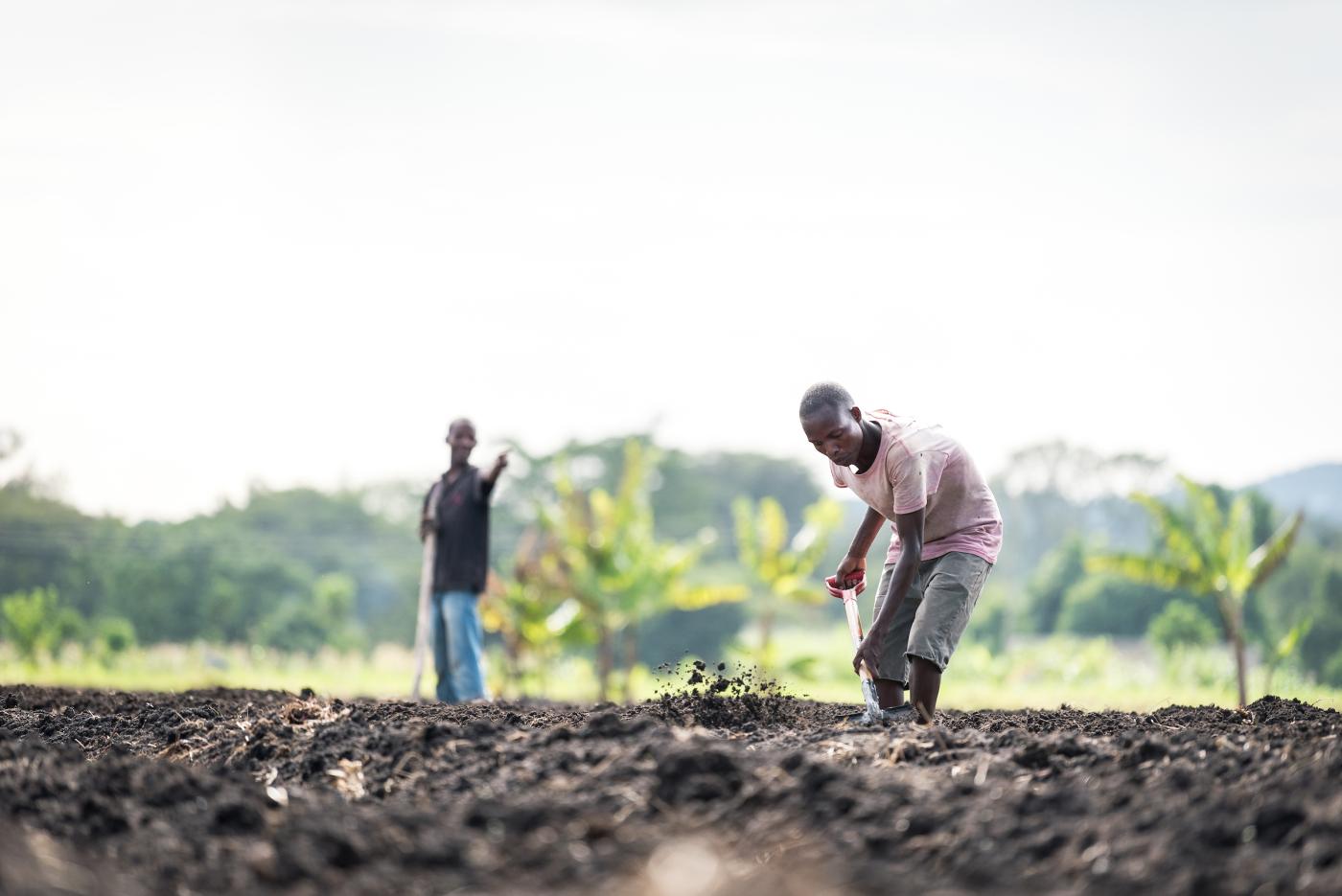“The converging causes of this crisis include conflict and violence, poverty and inequality, disasters and the impacts of climate change – compounded by the COVID-19 pandemic which has disrupted food production and supply chains, and reduced incomes,” reads the statement, signed by the World Council of Churches and other global faith-based organizations.
“Vulnerable households in almost every country are affected,” the statement reads, also noting the the reduced quality and quantity of food intake compromises people’s nutrition and threatens to reverse hard-won gains in poverty reduction, nutrition status and health, threatening the cognitive and physical development of young children, with lasting impact on nations for generations to come.
“Even in the worst-affected countries, famine is preventable,” the statement reads. “We must act immediately in order to prevent the needless deaths of tens of thousands of children.”
The faith-based groups lamented that hunger forces people, including children and their families, to make dangerous survival choices.
The statement calls for urgent disbursement of the US $7 billion committed in the G7 Compact on Famine Prevention and Humanitarian Crises into the hands of those that need it. The faith-based groups also pledged to collaborate to influence longer term policies, financial commitments and actions that are needed to address the underlying issues driving hunger and food insecurity.
“We believe that our world has enough for all, and that famine and hunger anywhere represents a collective ethical and moral failure,” concludes the text. “We invite all people of goodwill to join us in accepting this responsibility, preventing more people from going hungry and in seeking justice for the most vulnerable people.”
Joint Interfaith Statement for World Food Day, 16 October 2021, Pray and Act Against Hunger
WCC and partners invite Weekend of Prayer and Action against Hunger




